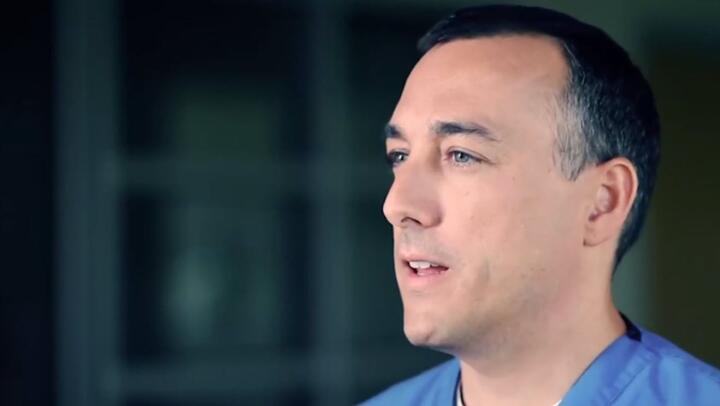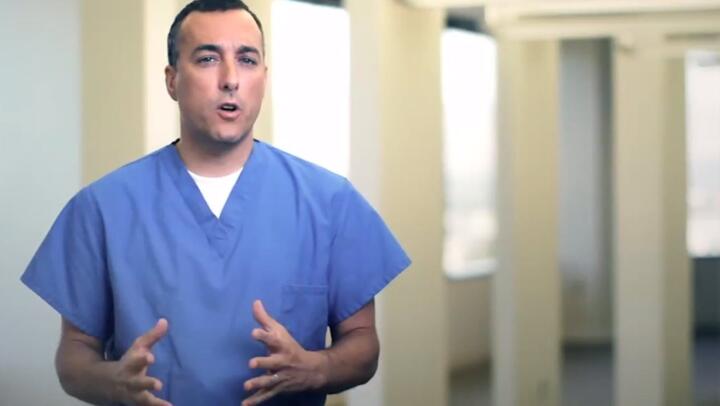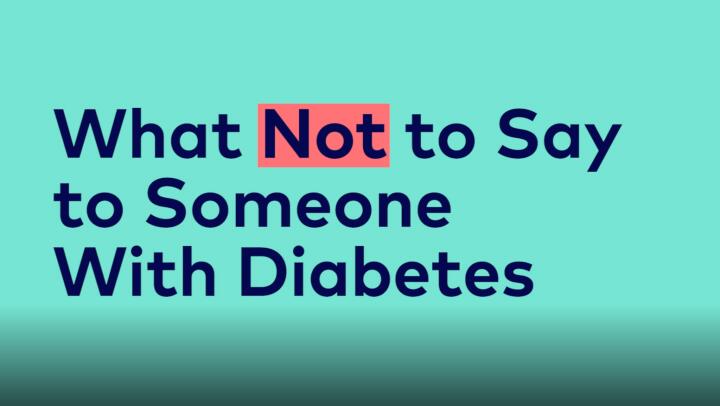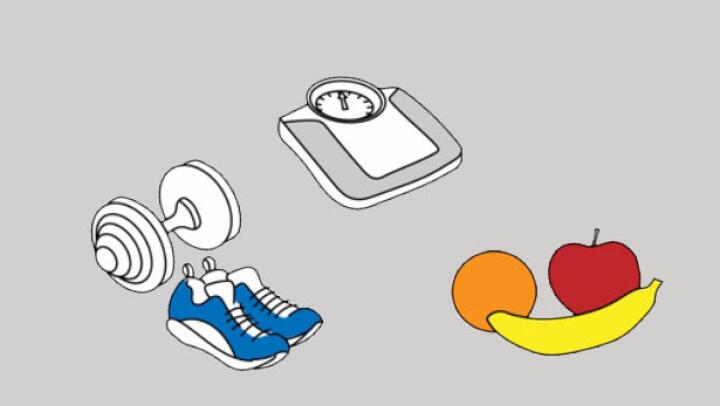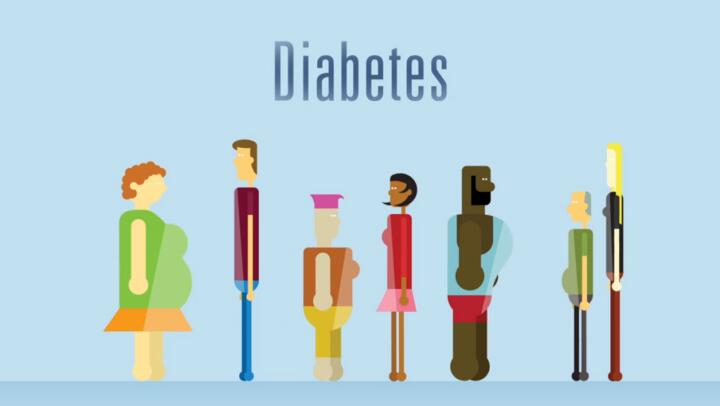To manage the condition, doctors typically recommend a combination of lifestyle and dietary strategies and medications.
This article discusses diabetes, including its types, symptoms, risk factors, and treatments.
Definition and types

Diabetes is a chronic condition that occurs when your pancreas does not produce enough insulin or when your body cannot properly use the insulin that is produced.
Insulin is a hormone that helps manage your body’s blood sugar levels. When your body cannot produce insulin or use it properly, it affects how your body turns the food you eat into energy. Your body turns most of what you eat into sugar, called glucose, and releases it into your bloodstream.
When your blood sugar levels increase, it sends a signal to your pancreas to release insulin. This allows your body to use these sugars as energy.
When you have diabetes, this system does not work as it should. Your blood sugar increases to potentially unsafe levels and may lead to further health issues.
What is prediabetes?
Prediabetes is when your blood sugar levels are elevated but
What are the types of diabetes?
There are three main types of diabetes:
- Type 1 diabetes: This type is also known as insulin-dependent diabetes. It occurs when your body does not produce insulin as it should. It’s
often diagnosed Trusted Source PubMed Central Highly respected database from the National Institutes of Health Go to source in childhood, although people of any age can develop it. - Type 2 diabetes: This is the
most common Trusted Source Centers for Disease Control and Prevention (CDC) Governmental authority Go to source type of diabetes. It often affects people over 45 years old. It involves insulin resistance, meaning your body does not use insulin properly. - Gestational diabetes: This is a type of diabetes that affects people during pregnancy when the body isn’t able to produce enough insulin. Changes in the body during pregnancy can cause insulin resistance, which increases your body’s insulin requirements. People with gestational diabetes may have a
higher risk Trusted Source PubMed Central Highly respected database from the National Institutes of Health Go to source of developing type 2 diabetes in the future.
Learn more about the types of diabetes.
Signs and symptoms
The signs and symptoms of diabetes may vary depending on the type. Some common signs and symptoms include:
- frequent urination, especially at night
- unusually frequent thirst
- unexplained weight loss
- unusually frequent hunger
- blurry vision
- numbness or tingling in your hands or feet
- unusual tiredness
- dry skin
- sores that heal slowly
- more frequent infections
Type 1 diabetes may also cause abdominal pain, nausea, and vomiting. These symptoms
Type 2 diabetes symptoms
Gestational diabetes
Learn more about 7 symptoms never to ignore if you have diabetes.
Causes and risk factors
The underlying causes and risk factors of diabetes can vary depending on the type.
Type 1 diabetes
Type 1 diabetes is
You may have a higher risk of developing type 1 diabetes if you have close family members with the condition or if you’re a child, adolescent, or young adult.
Type 2 diabetes
According to the National Institute of Diabetes and Digestive and Kidney Diseases, a variety of factors may increase your type 2 diabetes risk, including:
- your genetics and family history
- low levels of physical activity
- overweight and obesity
- if you already have insulin resistance
Gestational diabetes
The
- have a family history of diabetes
- have overweight
- have polycystic ovary syndrome (PCOS)
- have developed gestational diabetes in a previous pregnancy
- have previously given birth to a baby over 9 pounds
- are older than 25 years
Diagnosis
A diabetes diagnosis
- Fasting plasma glucose test: For this test, a doctor asks you to fast for a set period. They then draw blood to measure your blood sugar levels.
- Oral glucose tolerance test: For this test, your doctor draws blood before and after having you consume a drink containing glucose. Analyzing your blood before and after the drink allows your doctor to see how much your blood sugar levels change in response to consuming sugar.
- A1C test: This test requires blood sugar monitoring over a few months to see how your levels change.
- Random blood glucose test: Your doctor may also take a blood sample at random to measure your blood sugar levels.
Additional testing may be necessary to determine which type of diabetes you have.
Learn more about prediabetes and diabetes tests.
Treatments
People with type 1 diabetes
Type 2 diabetes is
Learn more about diabetes treatments to try before insulin.
If you develop gestational diabetes, your doctor
Learn more about the best foods for a person with diabetes.
Complications
- heart and blood vessel damage
- nerve damage
- kidney damage
- skin and mouth conditions
- osteoporosis
- vision changes or loss
- chronic high blood pressure
- high blood acidity
It’s essential to work closely with a doctor to manage your condition. Proper treatment may help prevent complications.
Learn more about 12 complications of diabetes.
Outlook
Diabetes is a serious condition, but careful management may help slow its progression and improve your quality of life. Keep communicating with your care team to find a treatment plan that works for you.
Learn more about how diabetes affects life expectancy.
Frequently asked questions
Kelly Wood, MD, reviewed the answers to these common questions about diabetes.
Can I prevent diabetes?
It’s not possible to prevent type 1 diabetes.
However, you may be able to reduce your risk of developing type 2 diabetes by:
- maintaining a moderate weight
- eating a balanced diet per your doctor’s instructions
- getting regular physical activity
Ask your doctor about safe ways to prevent gestational diabetes.
Learn more about how to prevent diabetes.
How does diabetes affect your quality of life?
Having diabetes will affect your life, but it’s a manageable condition. You’ll have to practice certain lifestyle strategies and may have to give yourself insulin or take medication for the rest of your life.
Work closely with a doctor and other healthcare professionals to make living with diabetes easier for you and your loved ones. With proper care and treatment, people with diabetes can still live long and fulfilling lives.
Learn 8 real-life ways to manage diabetes.
Summary
Diabetes is a chronic condition that affects how your body produces and uses insulin.
If you experience any symptoms of diabetes or believe you could be at risk of developing the disease, talk with your doctor. If you’ve already received a diabetes diagnosis, ask your doctor about ways to manage the condition and prevent complications.















